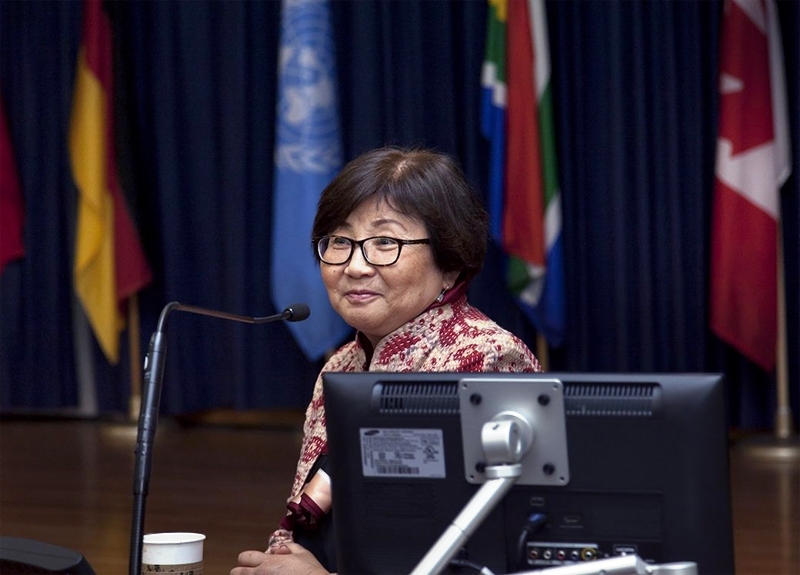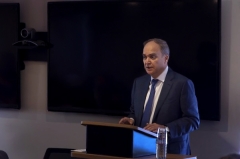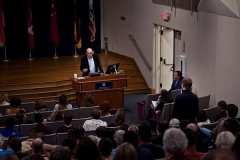Students to Travel and Research in Russian Far East
Kieran Ficken (Joint MBA/MA International Environmental Policy), Libiao Pan (MA in Nonproliferation and Terrorism Studies), Margo Poda (Joint MBA/MA in International Policy and Development), and Hayley Manges (BA in International Politics and Economics) will conduct field research in Vladivostok and Khabarovsk in March 2018.




